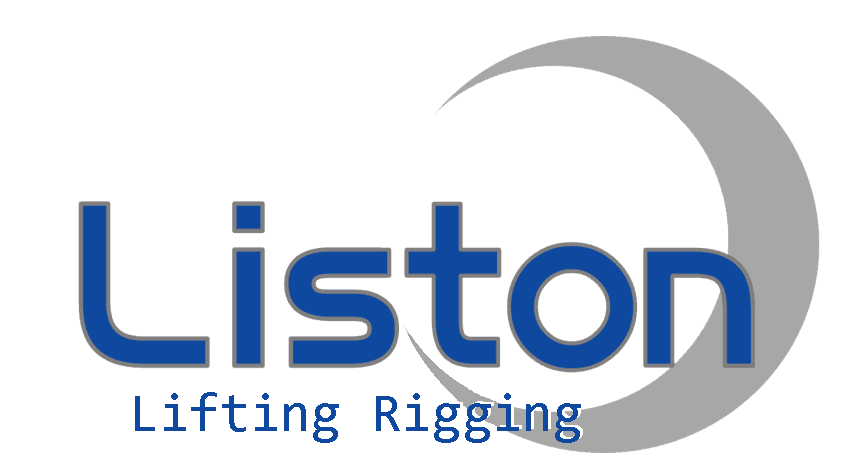Hydraulic jacks are an essential tool in various industries including automotive, construction, and manufacturing. These devices are used to lift heavy objects with ease and precision, making them indispensable in many applications. However, like any mechanical equipment, hydraulic jacks require regular maintenance to ensure their safe and efficient operation. In this article, we will explore the importance of hydraulic jack maintenance and discuss some basic maintenance methods to keep these equipment in top condition.
The Importance of Hydraulic Jack Maintenance
Proper maintenance of your hydraulic jack is crucial for a number of reasons. First, regular maintenance helps ensure the safety of operators and the surrounding environment. Hydraulic jacks operate under high pressure, and any malfunction or malfunction may cause serious accidents, resulting in personal injury or property damage. By performing routine maintenance, potential issues can be identified and resolved before they escalate into safety hazards.
Secondly, maintenance is crucial to the service life of a hydraulic jack. These devices are subject to heavy loads and intense stress during operation, which can cause wear and tear over time. Without proper maintenance, a hydraulic jack’s components can age, resulting in reduced performance and a shortened service life. By implementing a comprehensive maintenance program, you can significantly extend the life of your hydraulic jack, saving replacement costs and downtime.
Hydraulic jack maintenance methods
1. Regular inspection
Regular inspections are the foundation of any effective maintenance program for hydraulic jacks. Inspections should be carried out at scheduled intervals and should include a thorough inspection of all components of the hydraulic jack. This includes checking hydraulic cylinders, pumps and other critical components for leaks, cracks and signs of wear. Additionally, the condition of the hydraulic oil and hydraulic hoses should be checked to ensure they are in good working order.
2. Lubrication
Proper lubrication is critical to the smooth operation of a hydraulic jack. The moving parts of the jack, such as pistons and seals, should be fully lubricated to reduce friction and wear. It is important to use the recommended lubricant and follow the manufacturer’s lubrication interval guidelines. Over-lubrication can be just as harmful as under-lubrication, so it’s crucial to strike the right balance to ensure optimal performance and longevity of your hydraulic jack.
3. Hydraulic oil maintenance
Hydraulic oil is a critical component of a hydraulic jack because it transmits the pressure needed to lift heavy objects. Regular hydraulic oil maintenance is essential to ensure proper operation of your jack. This includes monitoring fluid levels, checking for contamination, and changing fluids at recommended intervals. Contaminated or degraded hydraulic fluid can cause reduced performance and potential damage to the hydraulic system, so it is important to maintain the cleanliness and integrity of the hydraulic fluid.
4. Seals and O-ring inspection
Seals and O-rings in hydraulic jacks play a vital role in maintaining the integrity of the hydraulic system. These components prevent fluid leaks and ensure proper operation of the jack. Regular inspection of seals and O-rings is essential to identify any signs of wear, damage or deterioration. If any problems are discovered, seals and O-rings must be replaced immediately to prevent leaks and maintain the efficiency of the hydraulic jack.
5. Stress testing
Regular pressure testing of your hydraulic jack is essential to ensure its safe operation. Pressure testing involves subjecting the jack to its maximum rated load to verify its structural integrity and performance. This test helps identify any potential weaknesses or defects in the hydraulic system so that they can be repaired or replaced promptly. Pressure testing should be performed by qualified personnel in accordance with the manufacturer’s guidelines to ensure accurate and reliable results.
6. Storage and handling
Proper storage and operation of hydraulic jacks are also important aspects of maintenance. When not in use, hydraulic jacks should be stored in a clean, dry environment to prevent contamination and corrosion. Additionally, they should be handled with care to avoid damaging the components. Proper storage and handling practices can help extend the life of your hydraulic jack and maintain its performance over the long term.
7. Professional maintenance and repair
While regular inspections and basic maintenance can be performed in-house, certain maintenance tasks and repairs may require the expertise of a professional technician. It is important to have your hydraulic jack inspected and serviced regularly by a qualified service provider or technician to ensure it is in optimal condition. Professional maintenance and repair can help solve more complex problems and ensure the safety and reliability of your hydraulic jack.
All in all, proper maintenance of your hydraulic jack is crucial to ensuring it operates safely and efficiently. Maximize the life and performance of your hydraulic jack by implementing a comprehensive maintenance program that includes regular inspections, lubrication, hydraulic oil maintenance, seal and O-ring inspections, pressure testing, and proper storage and handling. Additionally, seeking professional maintenance and repairs when necessary can help solve more complex problems and ensure safe hydraulic jack operation. By prioritizing maintenance, industries can ensure the safety of personnel and equipment while maximizing return on investment in hydraulic jacks.
Post time: Aug-08-2024


